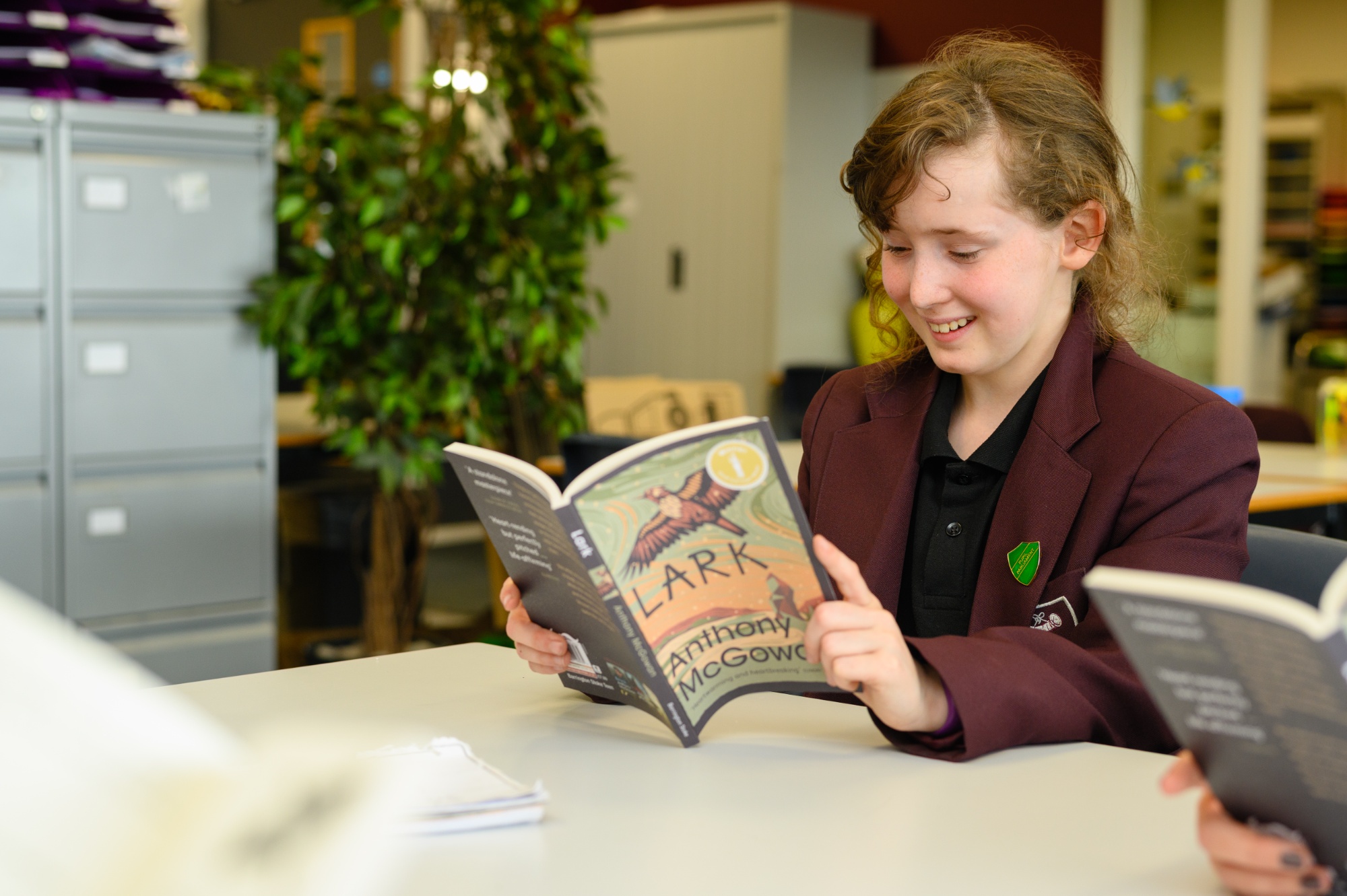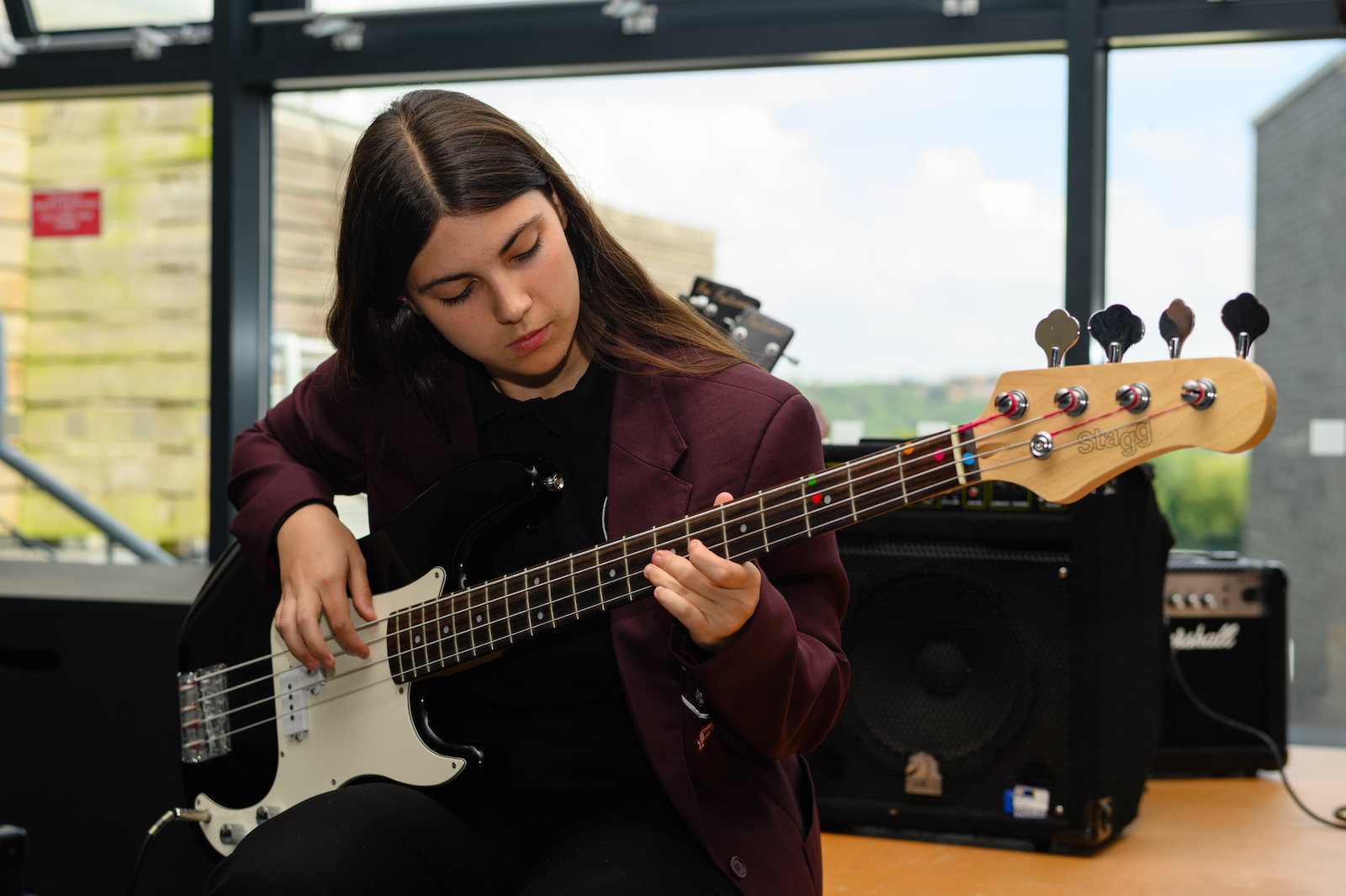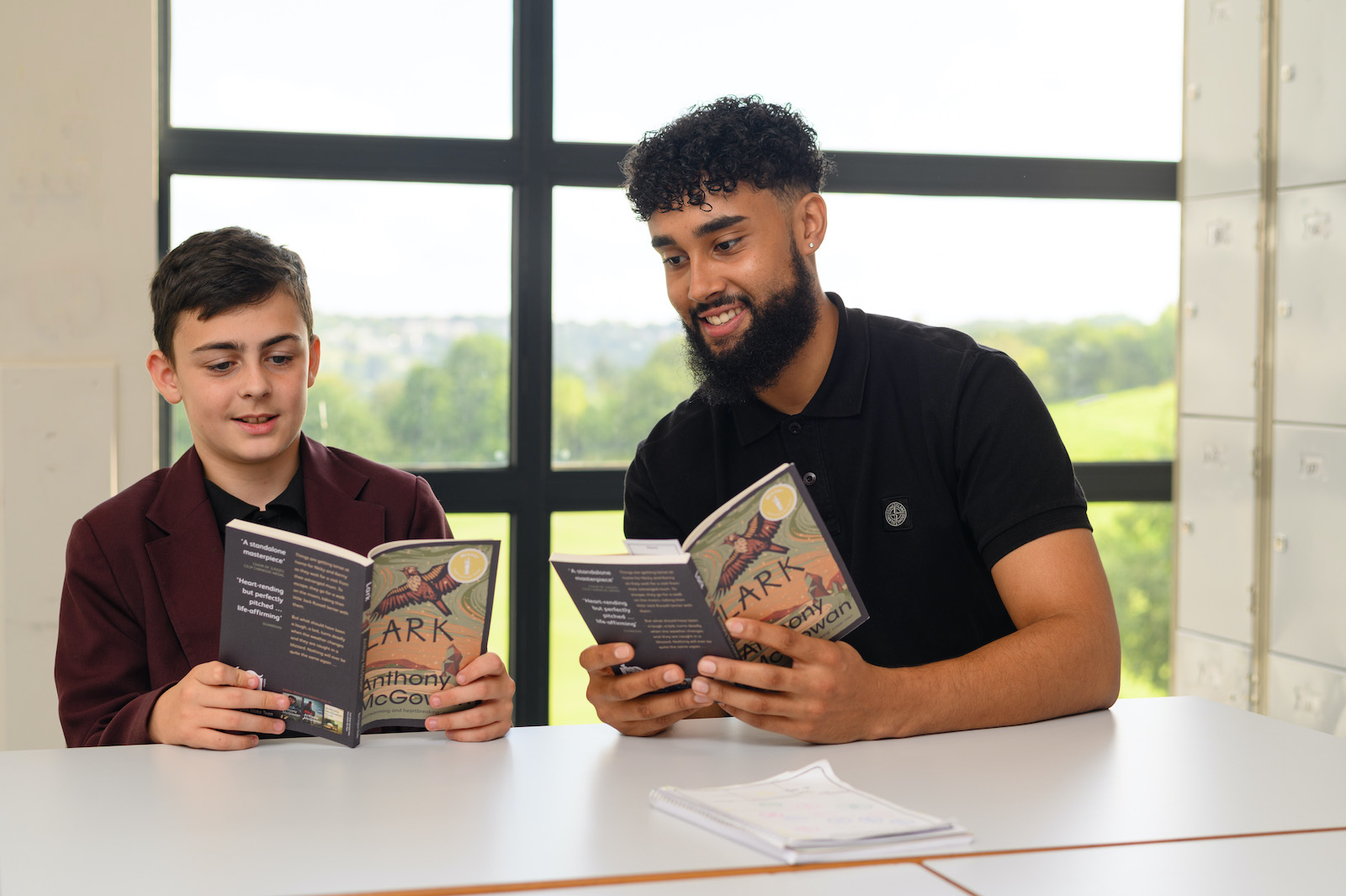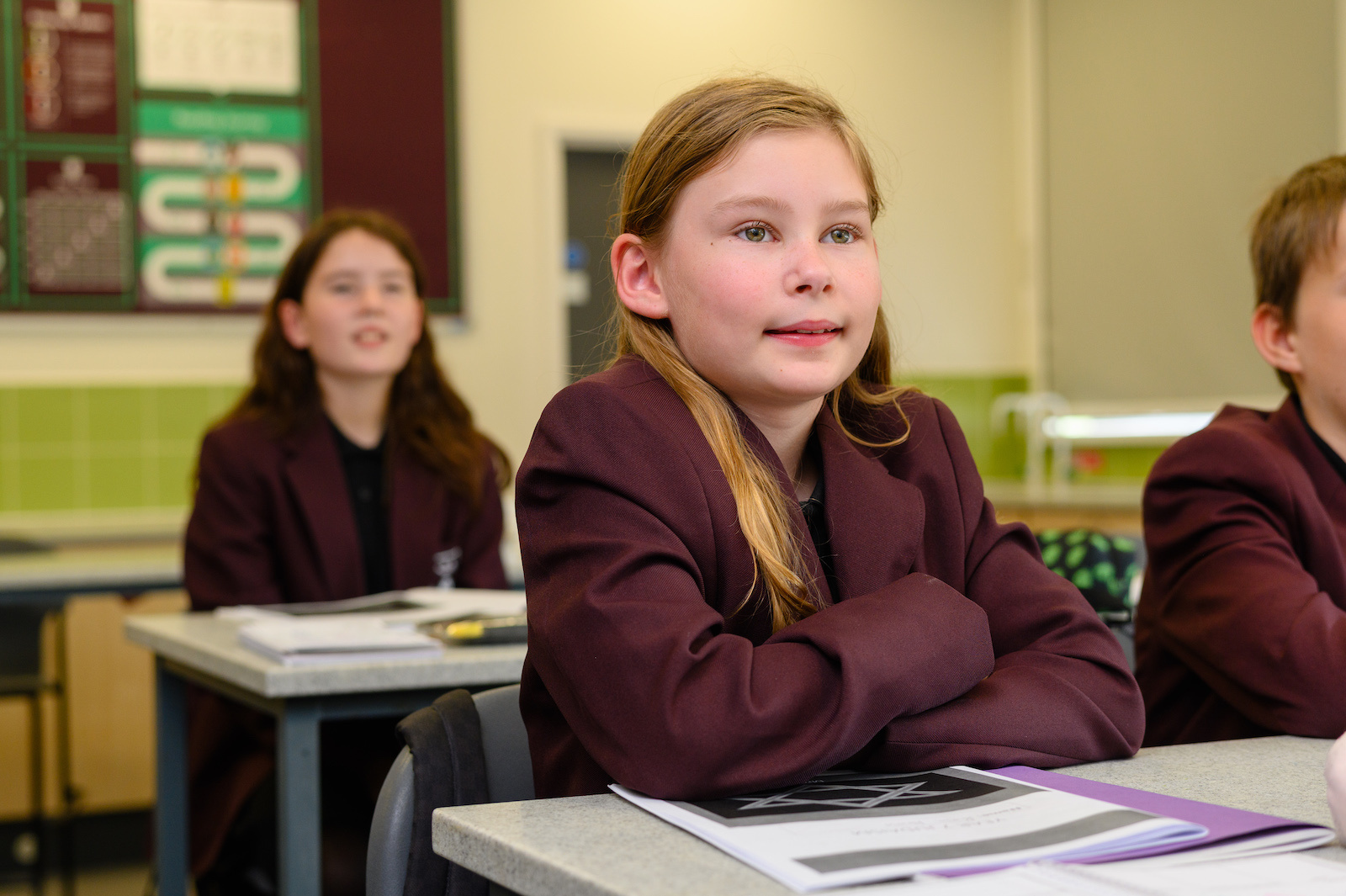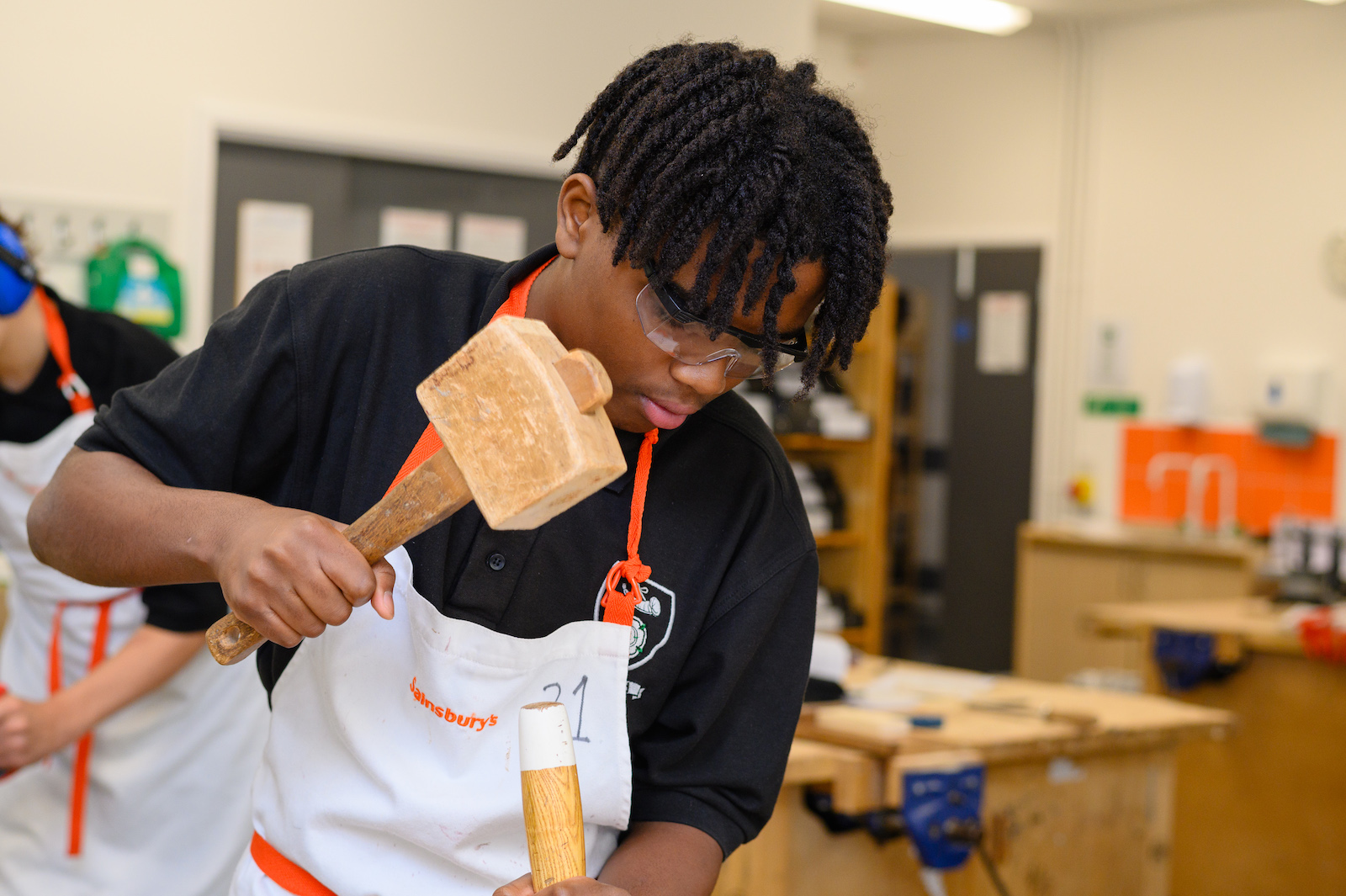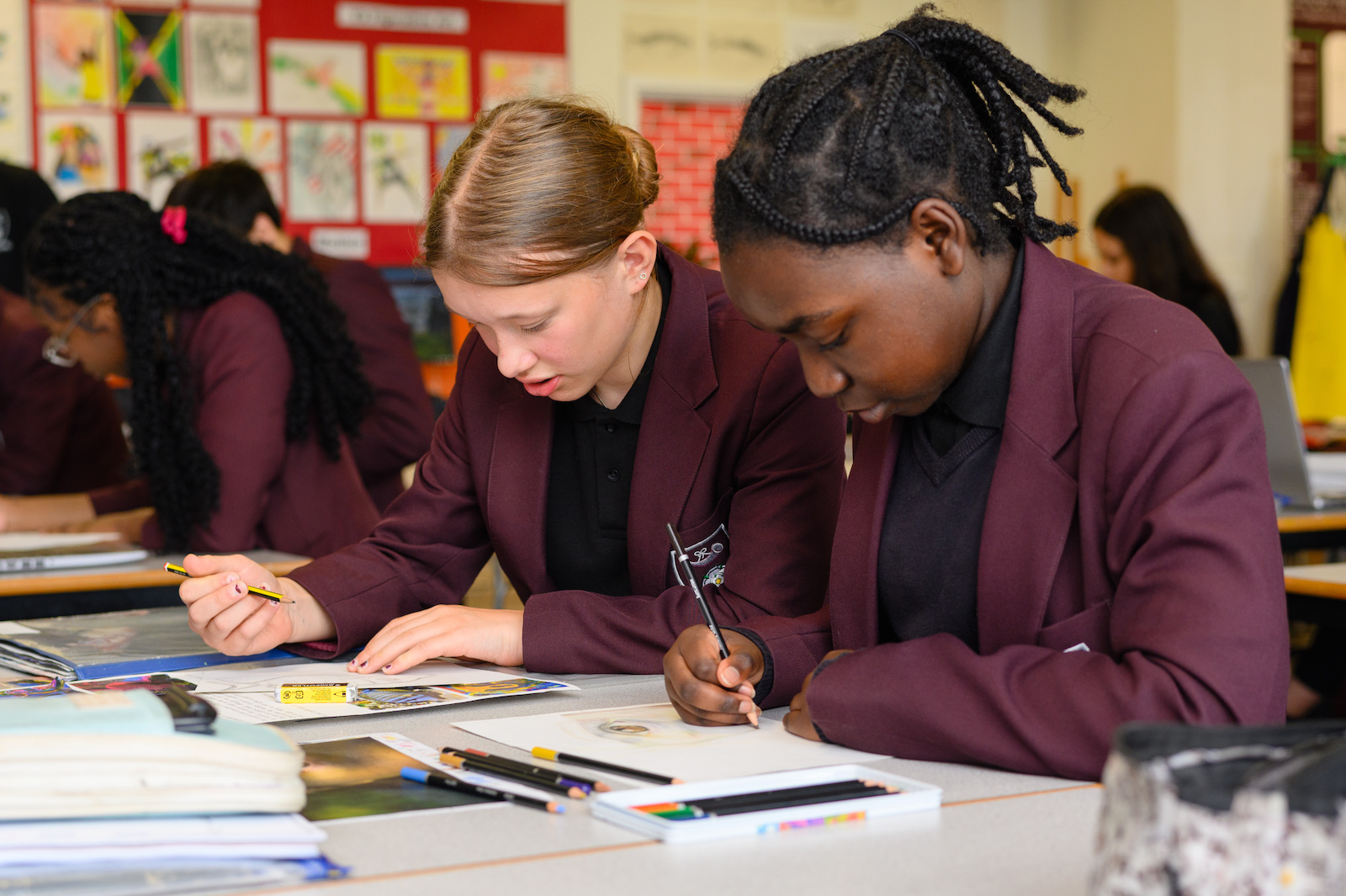Hospitality and Catering
"People who do not accept the new, grow old very quickly." Auguste Escoffier
Vision
The preparation and consumption of food offers a sensory experience that is unrivalled. Preparing and sharing cooked dishes is one of the greatest expressions of human creativity, we seek to instil a love of cooking in our students that will open their door to that experience. Learning how to cook is a crucial life skill that enables our pupils to feed themselves and others affordably and well, now and in later life.
Aims
Students are taught how to cook and apply the principles of nutrition and healthy eating. Central to the knowledge base is the ‘Eatwell Guide’ where students learn how to interpret and apply the principles of nutrition and health set out by the British Government. As a result, the students will learn to cook a repertoire of predominantly savoury dishes. The department aim is for every student to be independent in the kitchen, to feel competent in:
- using a range of classical and contemporary cooking techniques and equipment
- selecting and sourcing seasonal ingredients
- using different heat sources to cause chemical changes
- using senses to decide combinations of ingredients and season dishes
- creating their own or modifying existing recipes to meet the nutritional needs of themselves and others
Curriculum
The student learning journey is based around predominantly contemporary food trends inclusion of classical food preparation and presentation techniques.
Food, Nutrition and Hospitality lessons are carried out within the project carousel in Technology. There is one Food project in Years 7 and 8 and two projects in Year 9.
Students will be equipped with the knowledge to prepare dishes safely and hygienically, building pragmatic knowledge lesson by lesson. Topics covered include:
- learning about ‘iconic’ dishes from around the world,
- cuisine specific ingredients and equipment.
- industry leading chefs
- local contexts
- food provenance and kitchen gardening
- seasonality
- sustainability
- outdoor cookery
Assessment
Formative Assessment – Formative feedback is given in every Technology lesson from Y7 through to Y11. Strand 1 feedback is predominantly given verbally and via demonstrations. Other examples are:
- Where specific strengths and weaknesses of work are highlighted
- Whole class discussions.
- Marking criteria is used as a means of allowing students to benchmark their own progress.
- Exemplar materials
Summative Assessment - These test opportunities are built into projects with quick quizzes and tests at the end of every project.
In Key Stage 4 all students complete assessments in-line with the school assessment weeks providing support for teacher assessment and predicted grades.

